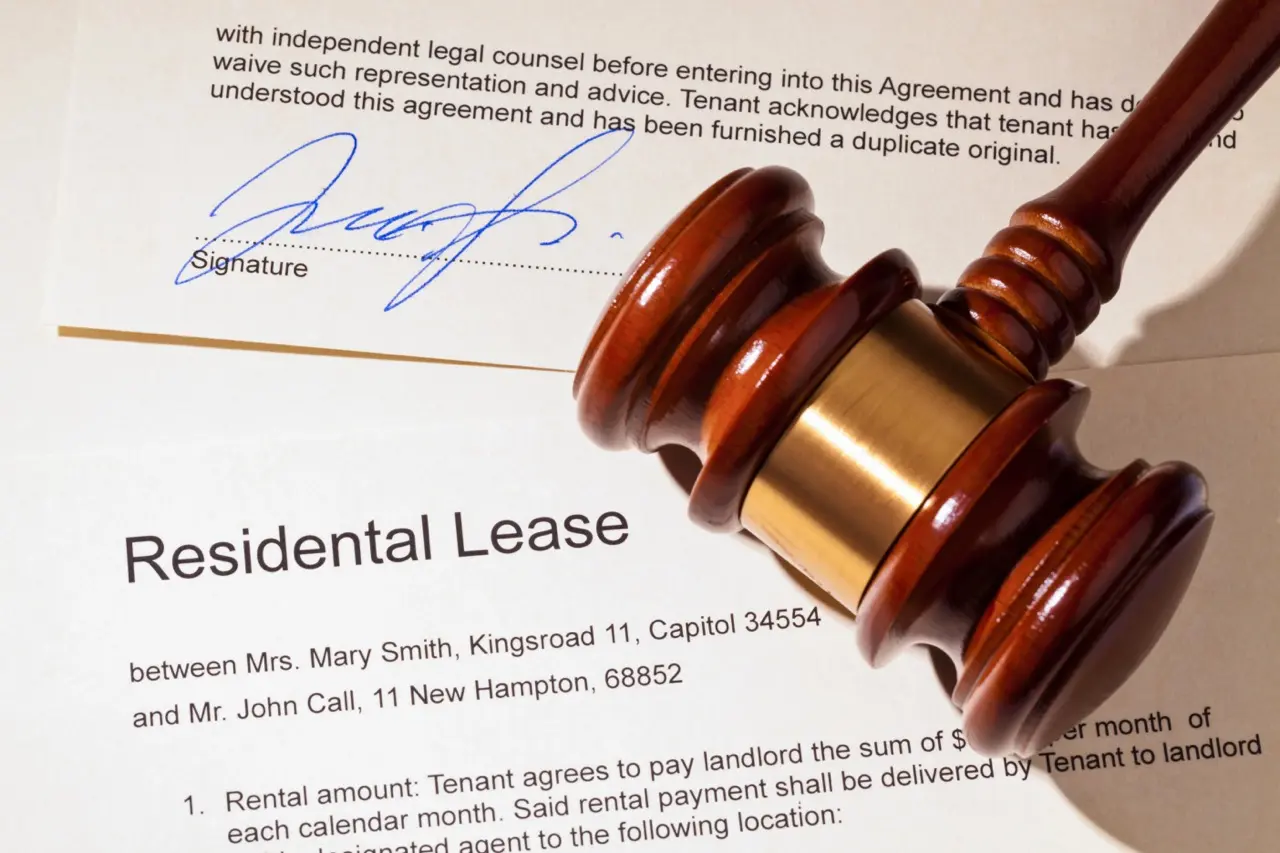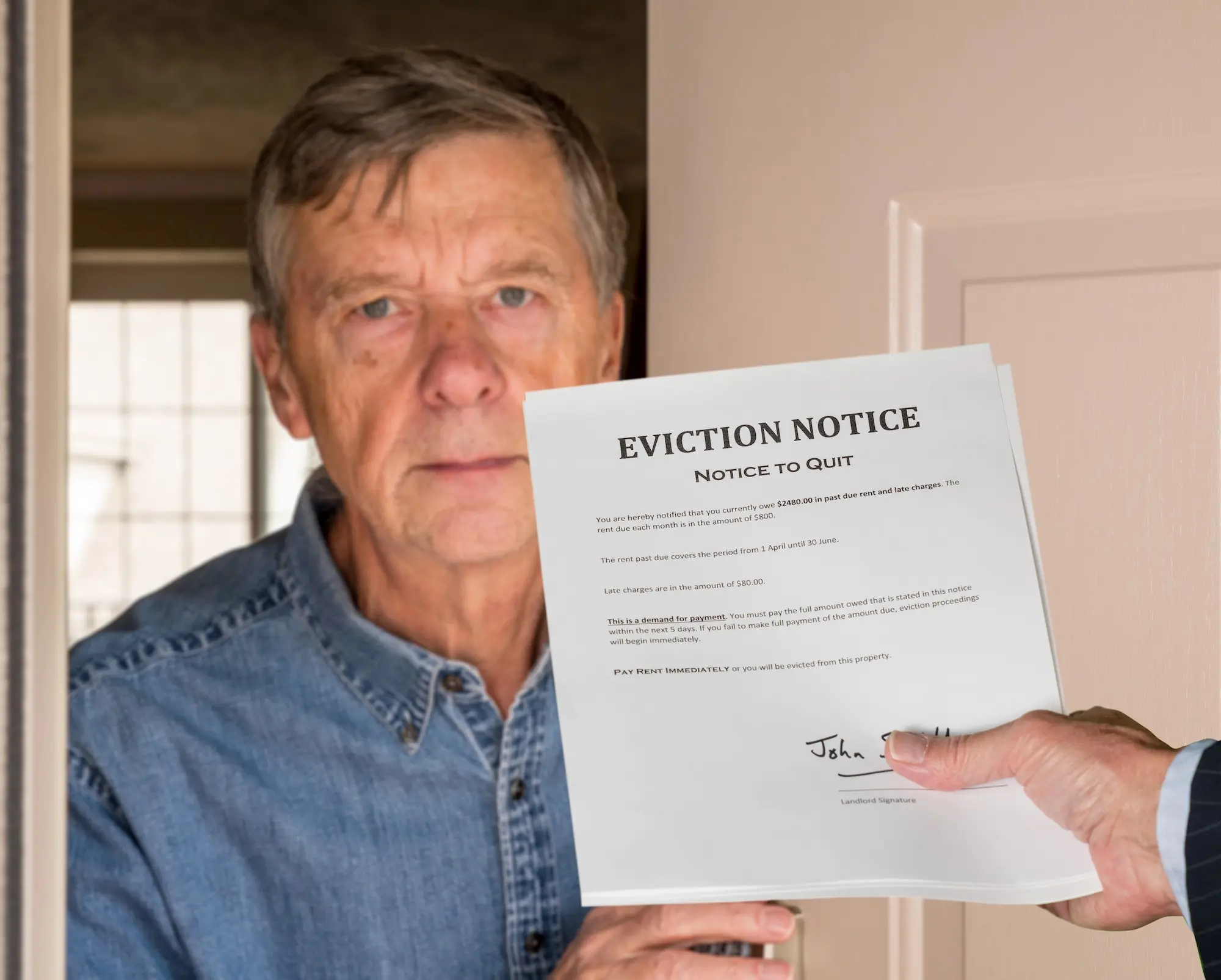The money's gone. Your heart sinks as you realize the "landlord" who took your deposit doesn't own the property. Rental scams are surging, and the average victim loses over $2,000. Worse, your personal information may already be in the wrong hands, putting you at risk for identity theft that could impact your finances for years. This guide outlines exactly what to do in the critical hours and days after discovering you've been scammed.
Key Takeaways
- Freeze your credit to protect your identity and block scammers from opening new accounts.
- Cut contact with the scammer because every minute spent engaging lowers your chance of recovery.
- File a police report immediately, as banks and fraud teams often require it, even for small losses.
- Build an evidence trail with screenshots, payment records, and messages to strengthen your case.
- Never send money before verifying ownership, viewing the property, and signing a real lease.
Confirm the Scam and Stop Communication
If something feels off about your rental transaction, trust your instinct. Your first move is to confirm the scam and immediately halt all contact with the supposed landlord. Don't send another dollar or share more personal information.
Take these steps to confirm you're dealing with a scam:
- Finding the property listed on multiple websites with varying prices or contacts is a red flag.
- Check county property records to verify the owner (most counties have online property search tools).
- Search the property address plus the landlord's name online. Mismatched information can indicate fraud.
- Reverse image search the listing photos. If they appear in unrelated cities or listings, they were likely stolen.
If the "landlord" pressures you for quick payment, only accepts wire transfers or gift cards, or refuses to meet in person, these are classic scam tactics. Payments made through wire transfers, cryptocurrency, or gift cards are usually not recoverable.
Pro tip: Use Google Street View to verify exterior photos match the actual property address. Scammers often use stock photos or images from other listings.
Report the Scam Immediately
Don't wait to report the fraud. Creating an official record strengthens your case for recovering funds and helps authorities track down scammers. Rental scams often go unreported, which makes it harder to catch the perpetrators.
Start with these critical reports:
- Law Enforcement: File a report with your local police department and request a copy showing the case number.
- Federal Trade Commission (FTC): Submit a complaint at Report Fraud. The FTC shares scam data with law enforcement agencies.
- State Attorney General: Report the scam to your consumer protection office. They often track rental fraud and may help with recovery.
- Internet Crime Complaint Center: Filing with the FBI's IC3 helps track larger fraud operations and may support federal investigations.
- Listing Platforms: Report the listing to the site or app where you found it so they can remove it and flag the user.
When filing, be specific. Include listing links, payment receipts, emails, phone numbers, and screenshots of your communication with the scammer. Strong documentation makes your case more difficult to ignore.
Pro tip: Report it regardless of the amount lost. Your case might connect to a broader fraud pattern already under investigation.
Call Your Bank and Dispute the Charges
The moment you realize you've been scammed, call your financial institutions. Your payment method determines your chances of recovery. Acting within 48 hours allows you to stop or reverse the charge.
Take these immediate actions based on how you paid:
- Credit cards: Call your issuer to dispute the charge and request a new card. Federal law limits your liability to $50, and most issuers offer zero-liability protection for fraud.
- Debit cards: Contact your bank immediately to report fraud and request a new card. Your protection decreases over time, so report within 2 business days to limit liability.
- Bank transfers: Ask your bank if they can reverse the transfer. Success rates are low but possible if caught quickly.
- Payment apps: Report the fraud to the app and your linked bank. These platforms offer limited protection, but it's worth asking.
- Gift cards or cryptocurrency: Report to the police and FTC, but recovery is unlikely.
Pro tip: When calling your bank, write down the representative's name, the time, and your case number. You'll need this if you have to escalate later.
Freeze Your Credit and Monitor Your Identity
Rental scammers often target your identity as much as your money. If you share personal information like your Social Security number, driver's license, or bank details, act quickly to prevent identity theft. Placing a credit freeze is the strongest protection against new accounts being opened in your name.
Take these steps to lock down your identity:
- Place a free credit freeze at all three major bureaus: Equifax, Experian, and TransUnion
- Set up fraud alerts as an additional layer of protection
- Change passwords on your email, banking, and any accounts that may have been compromised
- Enable two-factor authentication on all accounts
- Monitor your credit reports for suspicious activity
A credit freeze prevents anyone, including you, from opening new credit accounts in your name until you lift the freeze. This is essential if your Social Security number or driver's license was shared. For a step-by-step recovery plan based on what was exposed, visit the FTC's official tool at IdentityTheft.gov.
Pro tip: Use your bank's mobile app to instantly freeze your cards while waiting to speak with a representative.
Build a Detailed Paper Trail to Back Your Case
Keeping a detailed record of the scam enhances your case with law enforcement, financial institutions, and consumer protection agencies. Victims who document everything thoroughly have a better chance of recovering their funds and preventing further fraud.
Collect and organize these essential records:
- Screenshots of the fraudulent listing before it disappears
- All communication with the scammer (emails, texts, chat logs, call records)
- Payment receipts, transaction confirmations, and bank statements
- Copies of any fake lease agreements or documents you received
- Names, email addresses, phone numbers, and any other identifiers used by the scammer
- Records of all fraud reports you've filed
Store records in both digital and physical formats. Create a timeline of events, including when you first saw the listing, communicated with the scammer, made payments, and discovered the fraud. This documentation helps authorities track scammers, supports disputes with financial institutions, and provides evidence for identity theft.
Pro tip: Email yourself copies of everything to create a timestamped record that proves when you discovered and reported the fraud.
Seek Help and Look Ahead
Being scammed can leave you feeling vulnerable and uncertain. Beyond financial recovery, you may face immediate housing insecurity and need emotional support.
Start here for trusted support:
- HUD-approved housing counselors offer free guidance on finding legitimate housing quickly.
- Local tenant rights groups can help you find emergency housing and provide legal advice.
- The property owner or management company might have other available units or know of legitimate vacancies.
- Credit card companies and banks often have support teams that help victims beyond just handling fraud claims.
In the future, always verify property ownership through county records, meet landlords in person, and never send deposits without viewing the property and signing a legitimate lease.
Pro tip: Join local rental groups on social media for scam alerts and recommendations for trusted property managers.
Conclusion
You fell victim to a scam but didn't let it paralyze you. Instead, you immediately minimized the damage, protected your identity, and regained control. What happened was a crime, but you've taken the proper steps to fight back. Trust your instincts and use the verification steps you've learned as you restart your search. This experience, while painful, has armed you with knowledge that makes you harder to fool next time.










